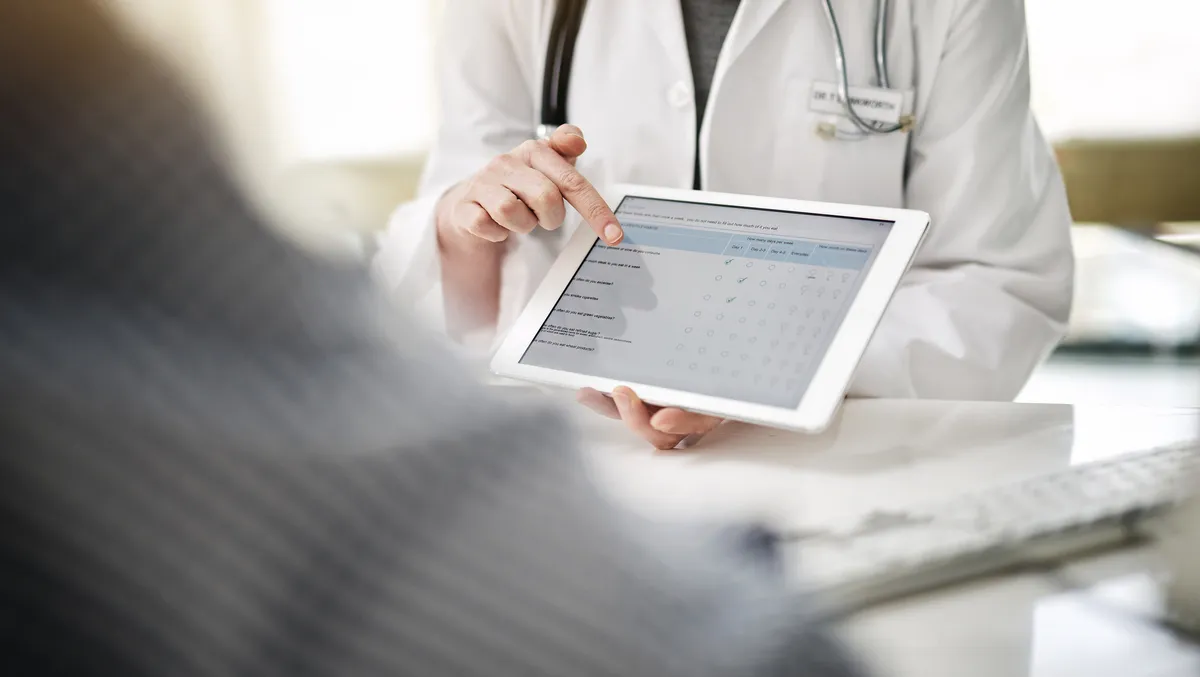
78% of healthcare providers experienced a data breach since 2021
New research has revealed that 78% of global healthcare providers offering frontline services have experienced at least one data breach since 2021. The research from SOTI titled "The Technology Lifeline: Charting Digital Progress in Healthcare" highlights the scale and diversity of security risks.
With 1,450 healthcare IT professionals surveyed across the United States, Canada, Mexico, UK, Germany, France, Sweden, Netherlands and Australia, SOTI's report gains insight into the evolving landscape of healthcare technology adoption.
According to the research, one of the biggest concerns to 91% of Australian healthcare IT professionals around patient records is information being revealed, lost, stolen or not adequately backed up. Accidental data leaks from employees also grew year-on-year, with 43% of Australian organisations experiencing an accidental data leak compared to 35% in 2022.
This led to a rise in overall data leaks from employees, with 66% of Australian healthcare organisations experiencing a planned or accidental data leak and 63% experiencing a data breach from an outside source or DDoS attack.
"The consequences of security breaches in the healthcare sector go beyond the financial costs and regulatory penalties," says Shash Anand, SVP of Product Strategy at SOTI.
"Data security breaches in the healthcare sector not only compromise sensitive patient and worker information but can also erode trust between patients and their healthcare providers."
Unmanaged healthcare devices create security vulnerabilities
51% of Australian IT professionals reported an increase in the mix of devices used in their healthcare organisation in the past year, including mobile devices, tablets, rugged mobile computers and handheld devices. Exemplifying the scale and diversification of device implementation across the healthcare sector.
An additional 39% of local IT professionals also reported an increase in the use of personal devices to access company systems and its network.
One serious area of concern, however, is that while 91% of Australian healthcare IT professionals reported that their organisations used tablets/laptops and 87% used smartphones in the workplace, a third of these devices were not managed or monitored by the IT team.
Outdated or legacy systems in the healthcare sector also pose risks that cannot be overlooked. 37% of global healthcare IT workers agreed that these devices and systems expose their networks to security attacks.
"Unmanaged devices in the healthcare sector create unnecessary security threats for healthcare organisations, putting sensitive patient data at risk," says Michael Dyson, VP of Sales & Marketing, APAC at SOTI.
"The proliferation and complexity of mobile devices in the healthcare sector, including legacy equipment, requires advanced management solutions to mitigate potential vulnerabilities and protect private healthcare data. To address this issue, healthcare organisations need robust device management solutions in place that feature strong security credentials."
"Solutions like SOTI MobiControl provides enhanced device visibility, security and management used for patient care, which can remotely manage and shut down any devices or IoT endpoints during a security breach."
Prioritising investment in new technologies
To help address security concerns that are present in the healthcare sector, 93% of global IT professionals agreed that the usage of new technologies was a priority to improve organisational efficiency and patient outcomes.
New technologies like Artificial Intelligence (AI) and Virtual Reality (VR) were being actively investigated in the healthcare sector, with three-quarters of organisations in the 'research' or 'implementation' phases with these new solutions.
Healthcare IT workers also recognised the apparent benefits of automating manual processes, with just under half indicating that one or more manual processes used within their organisation would benefit from being automated.
The manual processes prioritised by Australian healthcare IT professionals for automation include:
- Collecting data during patient visits (51%)
- Accessing general medical information/resources (55%)
- Accessing and updating patient records (49%)
- Accessing test results (41%)
One benefit of digitising manual work in the healthcare sector is that it helps to eliminate inefficiencies and reduces the volume of administrative tasks that can divert attention from caregiving responsibilities. An example of this can be seen in the major digital transformation project that Hato Hone St John (Ambulance) undertook with SOTI.
"Hato Hone St John (Ambulance) deployed more than 2500 rugged Android tablets using the SOTI ONE Platform," says Gabrielle Wildbore, Digital Product Manager, Hato Hone St John, New Zealand.
"With SOTI, we have the ability to remotely support any issue our paramedics may experience and we are able to critically update user applications, meaning that our team always has the very latest app version and information in their hands to support positive patient outcomes."


